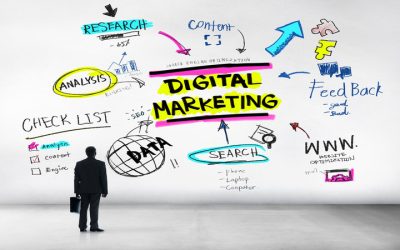Client fulfillment pertains to business techniques used to get ordered items delivered to the purchasers. If you find that you are looking to scale your business, or if long periods of consistent development are starting to test your capacity to send out orders, it’s an ideal opportunity to reorganize or start your fulfillment system.
As your organization develops, client fulfillment typically gets increasingly time-consuming; more space and time could potentially be needed to ship out customer orders. Fortunately for those who are not logistically inclined, a good fulfillment and marketing firm will give you two basics, but intuitive, alternatives from which to choose. It comes down to picking which technique works best for your infrastructure and being able to mindfully execute it. The principal determining factor you need to identify is how much fulfillment you are equipped for in-house.
Client Relationship Management (CRM) programming consists of following a developed framework used to organize all client information. CRMs usually include the utilization of advertising deals as well as promoting and tracking customized orders.
CRM programming is an extraordinary choice for private organizations and medium-sized businesses who need to account for a scaling business or product offering. Generally, most frameworks coordinate well with existing programming. Also, a recurring schedule of promotions can offer a competitive advantage to advertising firms and other groups.
Third-party logistics (3PL)
suppliers offer arrangements in storage or warehousing, bundling, scheduling, and final-mile services all in the same building; you can choose to outsource a few tasks or the majority of your fulfillment operations to these production specialists.
A third-party logistics company can lay out a scope of fulfillment administrations, from arrangement to delivery, to client support to meet your specific needs. Most can incorporate with existing intranet frameworks, oversee inventory, streamline travel time, process returns and guarantees, and give the information you need to track. Additionally, you don’t have to put resources into warehouse space or extended innovation, and you don’t have to advertise, interview, or support additional staff.
Regardless of whether you keep your fulfillment procedure in-house with a CRM framework, or farm the workout, you can’t afford to slow down business operations while you shift gears. These fulfillment strategies make your progress as smooth as possible during the transition. Client fulfillment is the foundation of any organization working in the B2C sector, and there’s no one size fits all methodology. A great fulfillment and marketing firm will grant more insight into how you can incorporate a new fulfillment strategy into your organization. FGS will be here to help guide you into success. Visit FGS at Aurora, Illinois,








